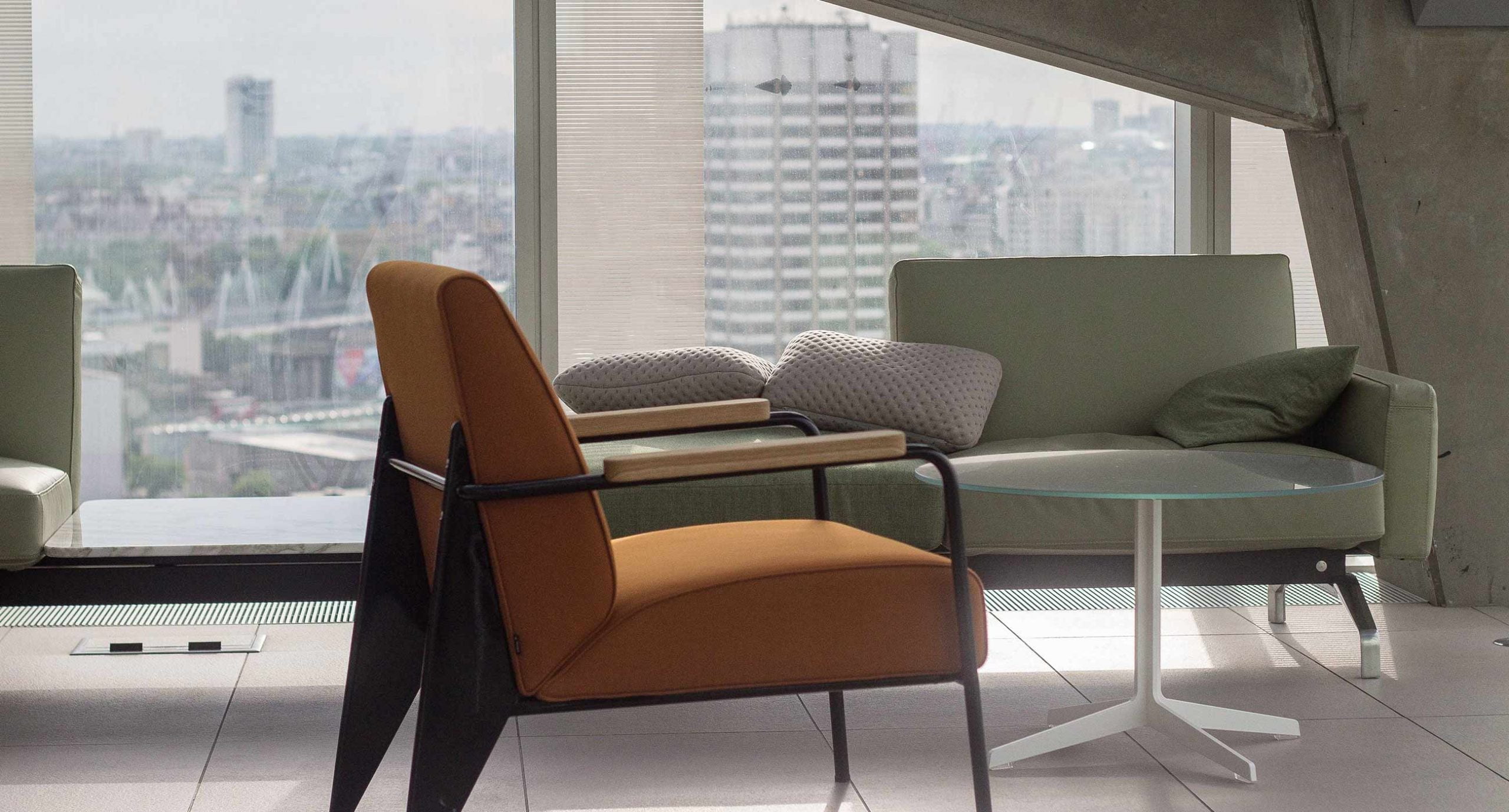What is Human Centric Lighting?
Human-centred lighting refers to lighting that focuses on improving the performance, comfort, health and well-being of the occupants of a place. This definition means that artificial lighting can affect the experience of place users in ways other than vision. Therefore, human-centered lighting can also be defined as any lighting strategy that aims to solve the non-visual impact of the light environment on the users of the place, including natural lighting strategies and artificial lighting strategies.
Why choose HCL (Human Centric Lighting)?
所有生物都有一個叫做晝夜節律的“內在時鐘”,人類也不例外。簡而言之,這意味著我們隨著太陽升起,在太陽落山時入睡。在正確的時間使用正確的燈光可以影響從我們的睡眠到我們的感覺和表現的一切。
The benefits of choosing HCL?
Four important parameters in HCL lighting
Spectrum:
The blue wavelengths of light are its biologically active parts. This means we can use cool white light with wavelengths in the blue spectrum to stimulate the body in the morning, and as a boost when we need to focus and stay alert. In the evening, warm white light can help us relax and unwind.
Intensity:
Research has taught us how much light is needed to influence the biological processes in the human body. When planning and designing a lighting solution, enough light must be emitted to achieve this, while addressing issues such as unwanted glare and energy consumption.
Timing and duration:
The morning light tells our biological clock that the day has begun, helping to activate our bodily functions. In contrast, light exposure at night makes it harder to fall asleep. These factors must be considered when planning an HCL solution with a 24-hour cycle.
Distribution:
For light to have a biological effect, our eyes must perceive it effectively. The receptors that affect our circadian rhythm are most sensitive in the lower and nasal part of the eye, so how the luminaire distributes the light is of great importance.
訂閱我們的新聞
加入我們的郵件列表以接收來自我們團隊的最新消息和更新
